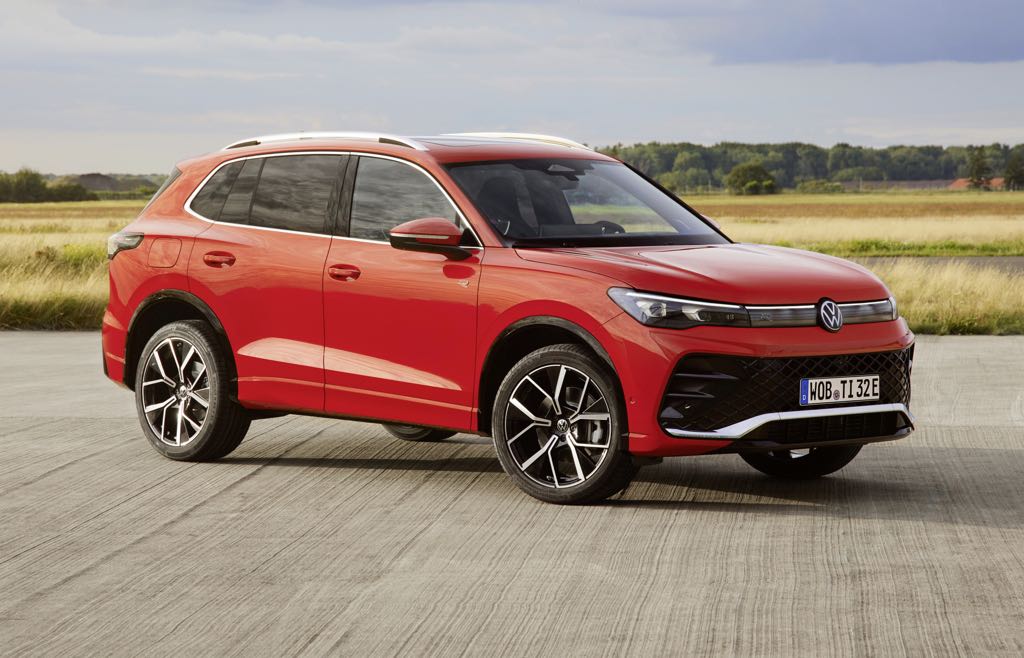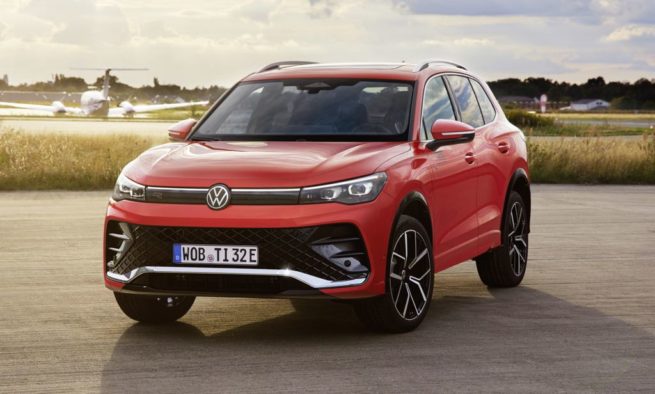
Volkswagen, one of the world’s most iconic automakers, is grappling with financial pressures that could lead to unprecedented factory closures in Germany. In a move that has sparked outrage among employees and concern from German politicians, CEO Oliver Blume revealed that Volkswagen is considering shutting down some plants to meet a cost-cutting target of €10 billion by 2026. This marks a significant moment in the company’s 87-year history, as Volkswagen has never closed a factory in its home country before.
Economic Pressures Behind the Decision
The core reason for Volkswagen’s tough decision is the shrinking European car market, which has been significantly impacted by the COVID-19 pandemic. According to Volkswagen’s Chief Financial Officer Arno Antlitz, the European market is currently selling 2 million fewer cars annually than it did in 2019, leading to excess factory capacity. Since Volkswagen holds about 25% of the European market, the drop in sales equates to about 500,000 fewer cars being sold. This surplus capacity translates into costly underutilized production lines.
Antlitz addressed 25,000 workers at the company’s Wolfsburg headquarters, explaining that this gap in demand necessitates cost-saving measures, including possible plant closures. He emphasised that the issue was not due to poor sales performance or product failures but simply because the market is no longer as robust as it once was.
Struggles with Electric Vehicles and Competition
A large part of Volkswagen’s financial woes stems from the growing costs of producing electric vehicles (EVs). While the company has made significant strides in the electric vehicle market, these cars come with slimmer profit margins due to high battery costs and lower demand. The EV market in Europe has also slowed down because of reduced government subsidies and a lagging public charging infrastructure.
Adding to the company’s difficulties is the increasing competition from Chinese car manufacturers, which are rapidly gaining market share in Europe. These manufacturers offer electric vehicles at more competitive prices, making it harder for Volkswagen to maintain its dominance. In particular, Chinese automakers produce EVs at lower costs, threatening to erode Volkswagen’s market share further.
Internal Resistance and the Role of Employee Representatives
Despite management’s push for cost-cutting, Volkswagen faces strong internal resistance from its employee representatives. Volkswagen’s board is unique because half of its seats are held by worker representatives, giving them significant power in company decisions. The state government of Lower Saxony, which owns a 20% stake in Volkswagen, also plays a crucial role, further complicating any plans for layoffs or plant closures.
At a recent employee assembly, managers were met with boos and protests as they attempted to explain the company’s position. Workers chanted, “We are Volkswagen, you are not,” expressing their frustration over the proposed closures. Daniela Cavallo, chair of the company’s works council, strongly opposed the plant closures, arguing that cutting labor costs would not solve Volkswagen’s underlying issues. She called for management to focus on offering more competitive products, particularly in the electric vehicle sector, where Volkswagen is lacking entry-level models.
Political Ramifications
The potential plant closures have caught the attention of German politicians, particularly at a time when the country’s political landscape is increasingly fragmented. With far-right parties gaining ground in regional elections, the closures could further stoke public discontent. German Chancellor Olaf Scholz has discussed the issue with Volkswagen’s leadership but has stressed that the decision ultimately lies with the company and its workers.
Plant closures could have a profound impact on Germany’s economy, given Volkswagen’s symbolic importance as Europe’s largest automaker. The company has been a pillar of Germany’s post-World War II economic growth and prosperity, employing over 120,000 workers in Germany alone.
The Road Ahead
Volkswagen’s management is expected to enter long negotiations with employee representatives over the proposed cost-cutting measures. Given the power dynamics within the company, it’s unlikely that plant closures will happen swiftly. However, the company’s financial position makes it clear that significant changes are needed to ensure long-term competitiveness.
The challenge facing Volkswagen is one that many legacy automakers are grappling with: how to transition to electric vehicles while maintaining profitability and navigating increased competition from new market entrants. As the global automotive industry undergoes a seismic shift, Volkswagen’s decisions in the coming months will not only shape its future but also have broader implications for Germany’s economy and workforce.
In conclusion, while Volkswagen has weathered many challenges in its storied history, the combination of shrinking markets, rising costs, and fierce competition has pushed the company into a critical period of transition. Whether it can emerge from this period stronger will depend on its ability to adapt to the rapidly changing landscape of the global auto industry.
Indian Context
While these struggles may not affect Volkswagen in India directly, it is a known fact that the automaker seems to be facing the heat here as well. There was a time when Volkswagen used to sell vehicles across various segments here like the Polo, Vento, Jetta, T-Roc, Passat, Beetle, Touareg and briefly the Phaeton too but currently the automaker is dependent on the Virtus and Taigun only, which are India 2.0 products. Sure, they do have the Tiguan as well but it is selling in small numbers when compared to its immediate rivals and even its cousin, the Skoda Kodiaq.
Volkswagen doesn’t really have a lot of products in the pipeline right now. The brand had showcased the ID4 in India but there is no news surrounding the vehicle’s launch. Also, the segment in which the ID4 will be positioned already has a lot of competent cars like the Hyundai IONIQ 5, Kia EV6, BMW iX1, Mercedes EQA, Volvo XC40 Recharge etc. The Taigun and Virtus are performing decently but competition from automakers like Tata, Mahindra, Kia, Hyundai and MG is making things difficult. The automaker is on the lookout for a local partner as well by diluting some stake.





